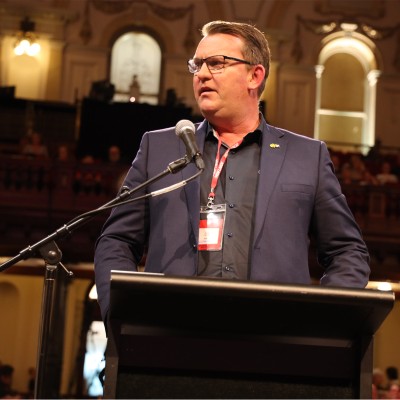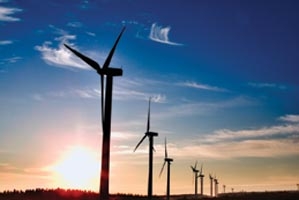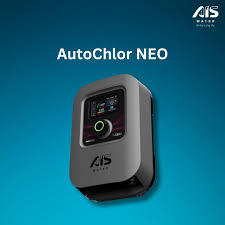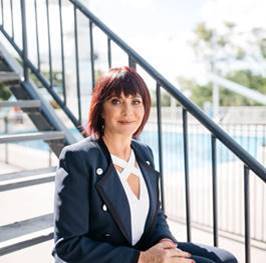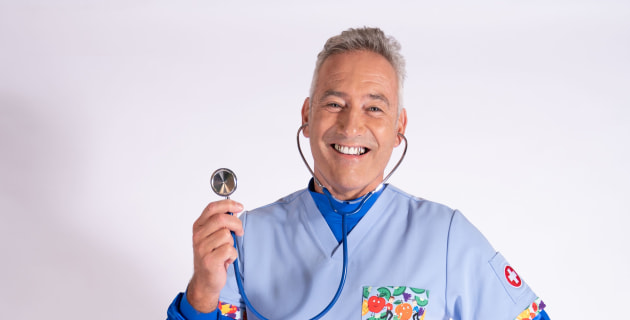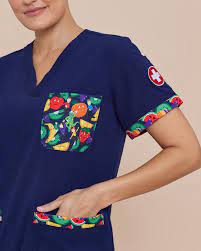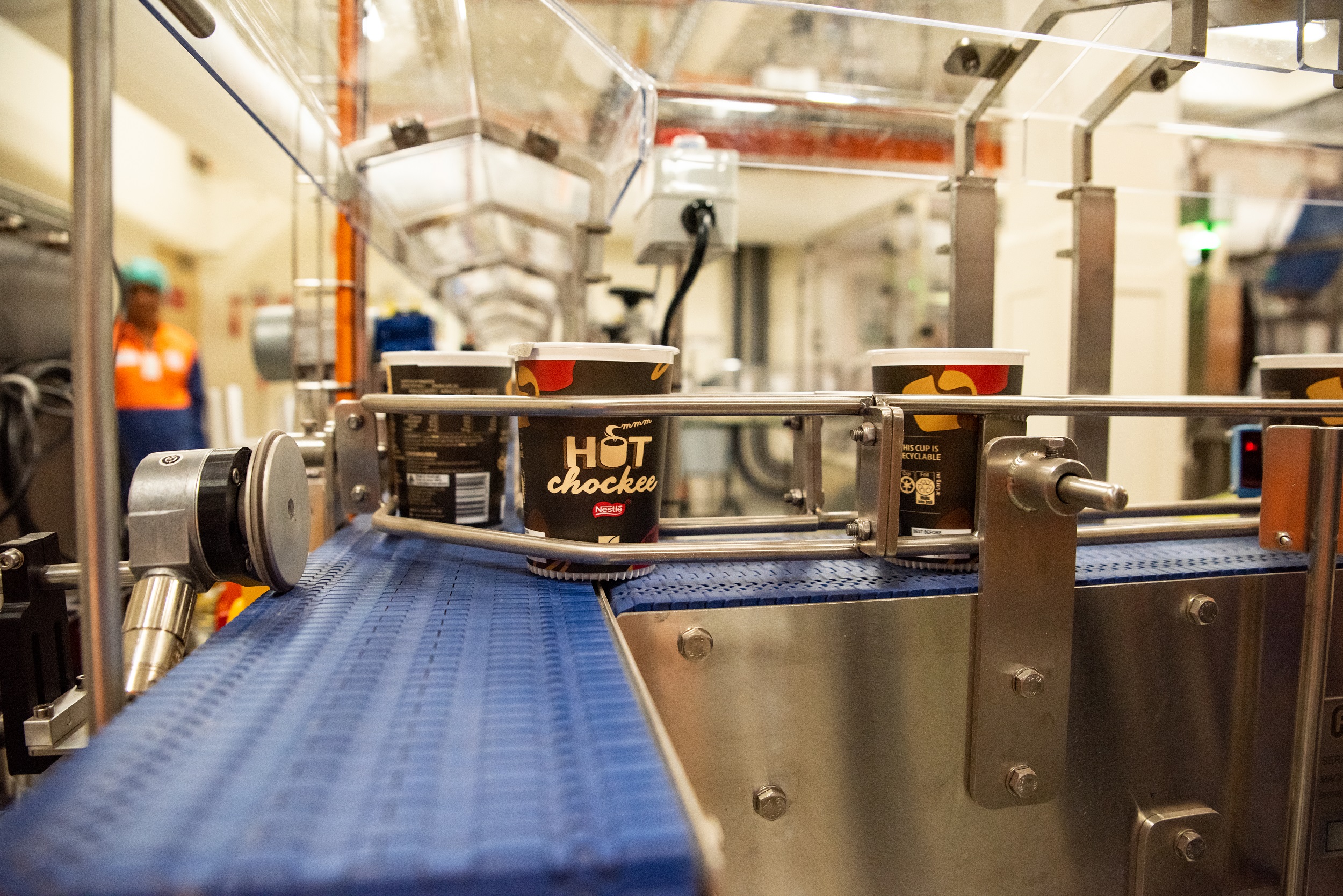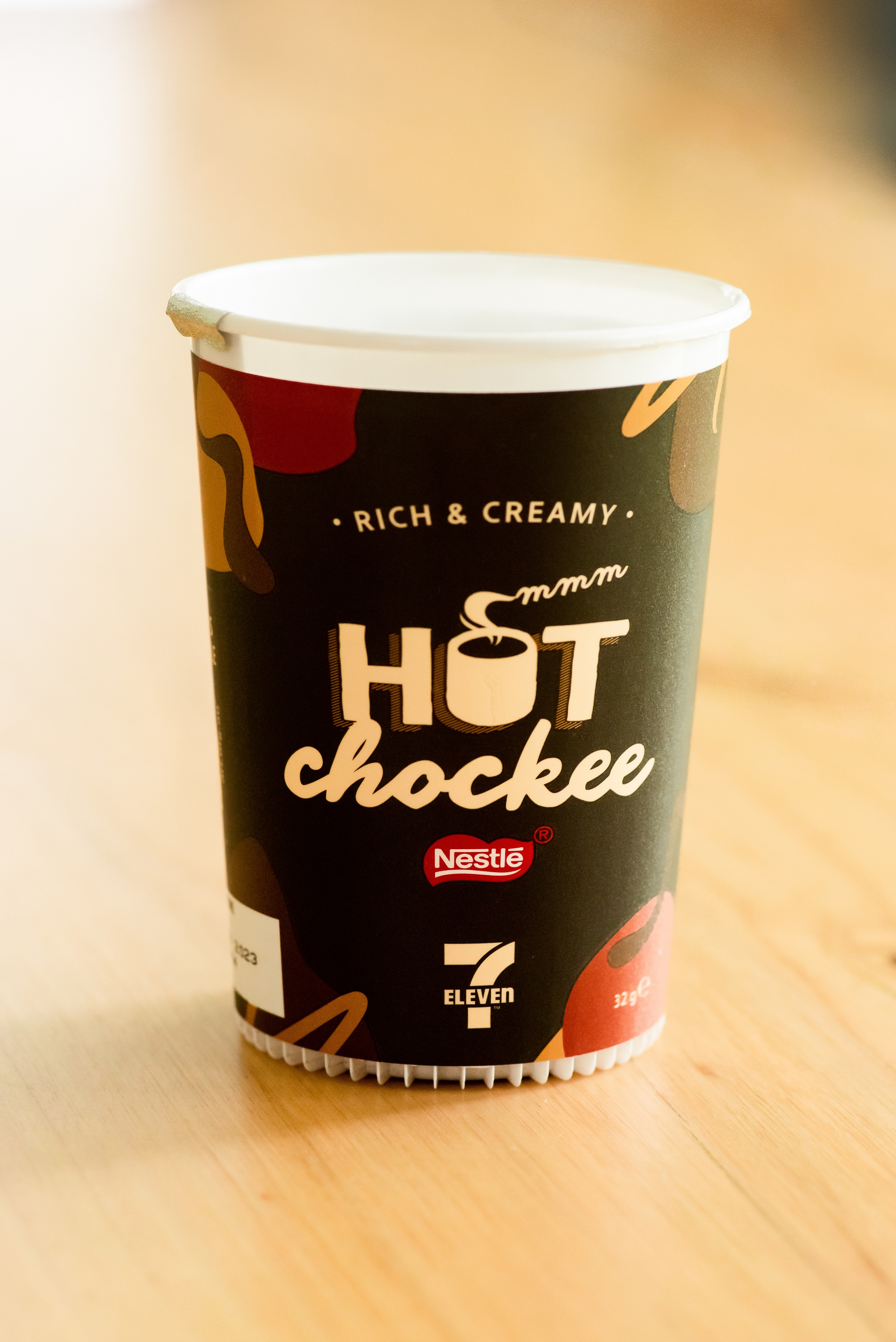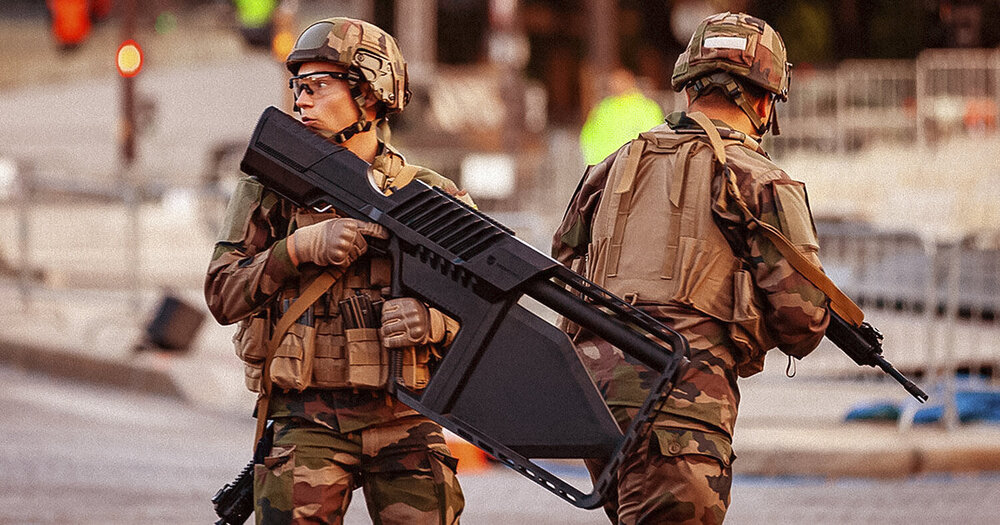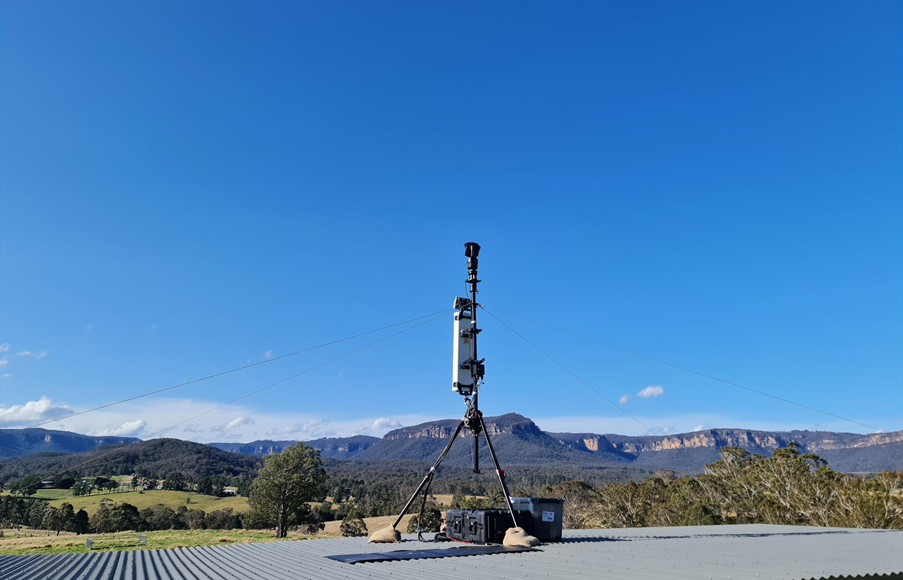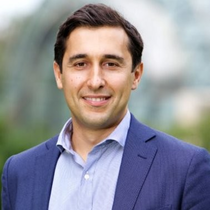OFS launches Mayvn AI: an Australian manufacturing game changer
AUSTRALIAN-BUILT generative AI software is being trialled by iconic American confectionery company Tootsie Roll. The reason? This manufacturing problem-solving software – named Mayvn AI – is likely to save Tootsie Roll hundreds of thousands of dollars a year.
Mayvn AI provides real-time insights into manufacturing operations and is designed to facilitate a greater connection between the C-suite and operational teams. In the bigger picture, Mayvn AI’s developers believe it can also save hundreds of millions of dollars a year across Australia’s manufacturing industry, fitting in with the Future Made in Australia plan.
Manufacturing efficiency software company OFS has officially launched Mayvn AI in Australia, describing it as ‘an artificial intelligence (AI) platform designed to improve productivity and strengthen communication between manufacturing executives and operational teams’. 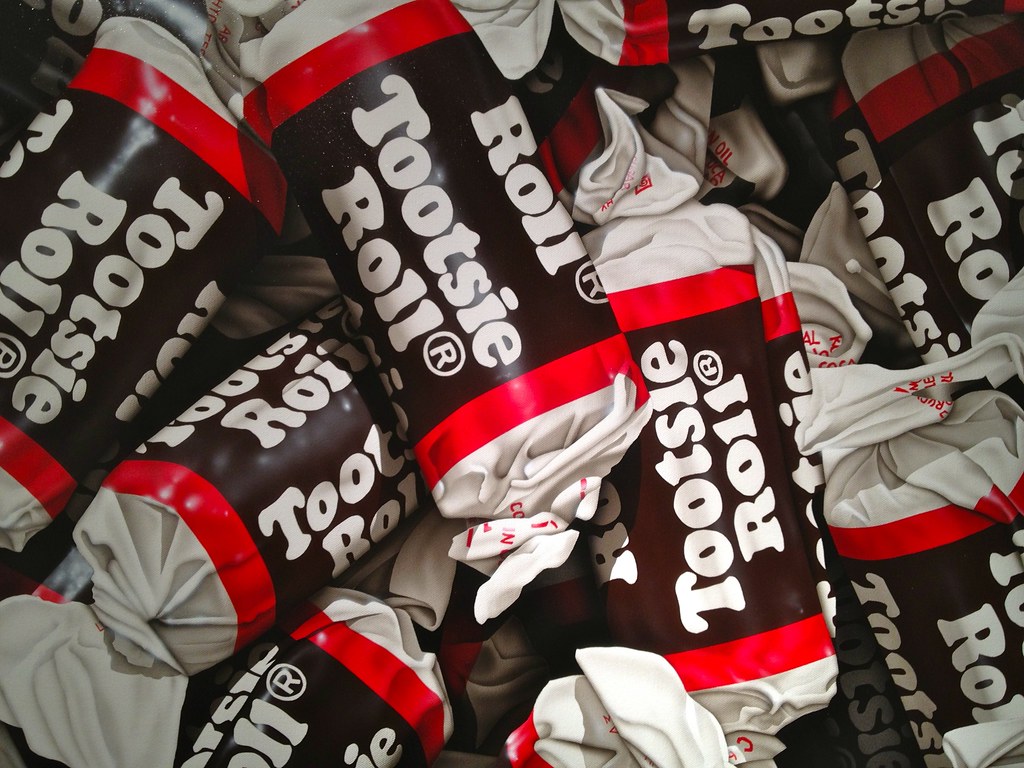
The Australian-designed and engineered software provides real-time information and insights on what is happening operationally in manufacturing facilities. This can include issues that are currently delaying production right through the preparation of a business case for capital investment and the associated return on investment (RoI).
Mayvn AI has been trialled with major Australian and global manufacturers, including iconic US confectionery manufacturer, Tootsie Roll Industries (NYSE: TR), which has been able to reduce certain data-related procedures by more than 90 percent.
“There are things we ‘knew’ were an issue, but Mayvn AI validates and quickly gives us data to be able to effectively demonstrate the impact of those issues,” Tootsie Roll Industries manufacturing systems manager Eric Bader said.
“We’ve seen all levels of our team use Mayvn from our COO (chief operations officer) to VPs (vice presidents) right through to the factory floor. The speed at which it can give us concrete, actionable data and its prompting suggestions to dive deeper into that have been particularly useful.
“It also supports our wider vision to leverage data mining and analysis to improve our operations.”
AI-powered insights bridge the gaps
OFS CEO James Magee said Mayvn AI was designed to help solve the often overwhelming problems manufacturing leaders, managers and teams have in sorting out the challenges of being constantly “time-poor” when it comes to “making high-stakes decisions”. Unmade decisions or information-poor decisions are often costly for manufacturers. 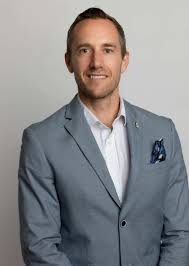
“Times have changed,” Mr Magee said. “Business leaders today face an overwhelming amount of information from multiple functions—finance, operations, supply chain, compliance, and beyond.
“They are time-poor, constantly making high-stakes decisions, and determining where best to focus their attention. The pressures of leadership can make it difficult to step away from strategy and spend quality time on the factory floor,” he said.
“The reality is that most manufacturing executives don’t have adequate visibility over what’s happening in their factories.
“Due to a variety of factors, many don’t spend as much time as they’d like visiting them, and when they do they are seldom armed with the necessary information to have meaningful conversations with the people responsible for running them. Not the least of which are those on the front line running the production lines every day.”
Decisions made easier ‘from anywhere’
Mr Magee said the power of the Mayvn AI system was in providing up-to-the-minute data on manufacturing performance which could be used to identify issues, conduct analysis, and assist decision making between managers and operational staff to rectify problems and plan ahead.
“Now an executive can sit in their car outside a factory and ask Mayvn AI for three things they should talk to the site manager about based on last month’s performance,” Mr Magee said.
“Once they’ve digested this information, they then ask Mayvn for the name of the operator running Line 1 and what has been bothering them over the last 30 days, like [for example] Sarah having repeated issues with the flow wrapper.
“Armed with these insights, the executive has a meaningful, fact-based discussion with the site leader, and then puts the hair net and PPE on, walks out onto the shop floor and asks for an introduction to Sarah to discuss the issues she has been facing.
“We know from experience the more people engage in conversations on operational performance, the more likely it is that engagement will increase, and along with it performance and profit improvement. The impact is exponentially greater when the engagement starts at the very top.
“Mayvn AI takes it to the next level as the executive can ask how much the faulty flow wrapper is costing the business, whether there is a return on investment for replacing it, and even to highlight the capital investment needed.”
Kicking Australia’s bigger manufacturing goals
Mr Magee said this kind of AI innovation would help drive the Federal Government’s Future Made in Australia plan to bolster Australia’s manufacturing in areas such as renewable energy, industrial innovation, and technology. 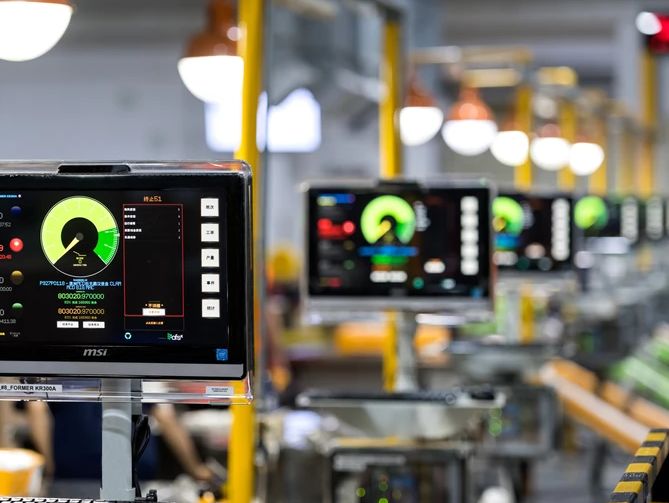
“Reinvigorating such a globally competitive industry can’t happen without modern technologies, and it certainly can’t happen without complete alignment between the boardroom and the manufacturing floor,” Mr Magee said.
Mayvn AI has a global patent pending, centred on how OFS has applied new manufacturing-based data models, which has a significant flow-on effect to the quality of the insights delivered.
On the heels of its successful trials with Australian and US manufacturers, the Melbourne-founded company will also launch Mayvn AI further abroad in its expanding international business, including in the UK, Asia-Pacific, and its new Latin American headquarters opening in Argentina later this year.
Since 2006, OFS’s stated mission has been to help people in manufacturing make more product with less waste, less energy, and less stops. Mr Magee said the company’s software puts performance data of thousands of manufacturing lines in 29 countries “front and centre for operators, supervisors, and managers”.
Among the companies that rely on OFS to efficiently produce and package their products are Asahi Beverages, Dulux, Bega, nudie, AstraZeneca, Twinings, Heinz, Unilever and Electrolux.
OFS has now made Mayvn AI available for deployment by manufacturers worldwide.
ends

 How to resolve AdBlock issue?
How to resolve AdBlock issue? 